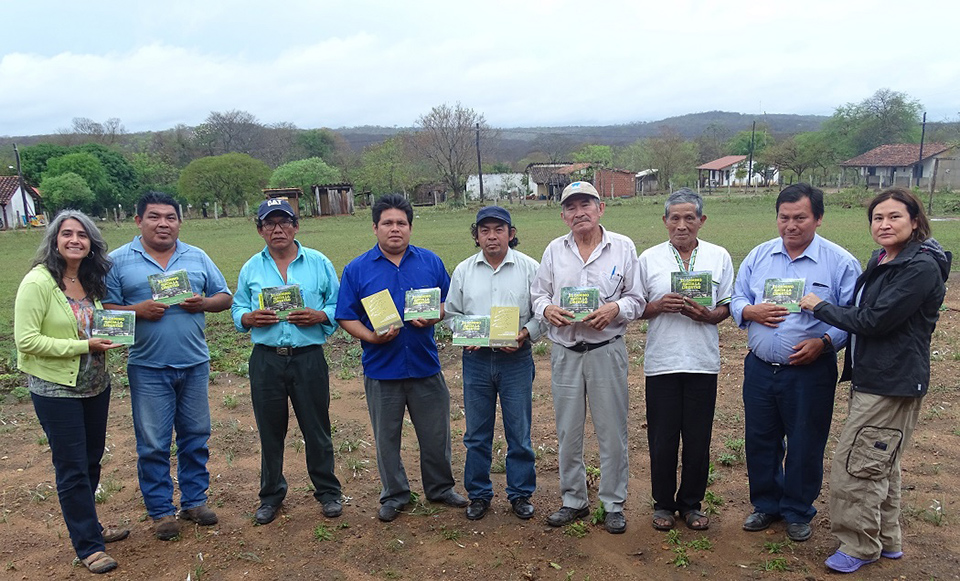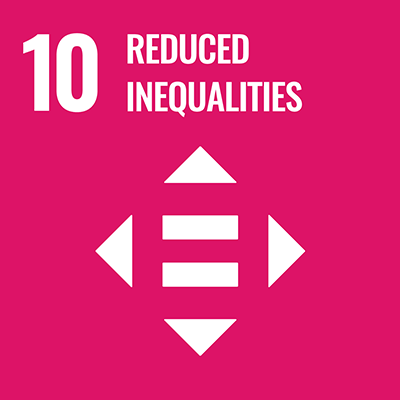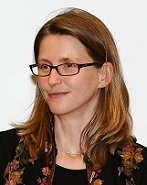)

Background:
The majority of people living in Bolivia, Uganda and Papua New Guinea are dependent on subsistence-based livelihoods, with agriculture and livestock as key components. Despite some benefit from associated livelihood opportunities, indigenous people remain one of the poorest social groups, with indigenous women particularly marginalised from the benefits of economic growth.
Objectives and activities:
With a focus on Bolivia, Uganda and Papua New Guinea, this project seeks to explore and facilitate the ways in which indigenous knowledge can inform international responses to the adverse effects of climate change and resource extraction and support sustainable, equitable and inclusive growth and development. The project investigates how strengthened international engagement with indigenous knowledge can inspire innovations in science and political practices and principles.

People from the Monkox community in Bolivia proudly hold their book which documents their journey to autonomy.
Impact:
This research will contribute to the rapidly growing knowledge and understanding around sustainable development and sustainability transformations. Specifically, how to support sustainable, inclusive and equitable development and growth, by looking into the ways in which a strengthened international engagement with indigenous knowledge can inspire innovations in sustainability science, inclusiveness practices and equity principles and to generate replicable output and impact. It engages with the question of how corporate demands to maximise profits and State aspirations for macro-economic growth can be reconciled with the needs, and rights, of indigenous communities, whose long-standing ontological connections with the environment predate and often conflict with the principles of a market-driven economy. A core contribution is also about giving greater voice to indigenous peoples in decision-making. This is with the goal of establishing the long-term trusting and reliable participation of local communities and therefore success of climate change mitigation and adaptation and resource extraction projects.
For updates on the project, you can follow the team’s progress.
SDG/target addressed:

SDG 10.2: By 2030, empower and promote the social, economic and political inclusion of all, irrespective of age, sex, disability, race, ethnicity, origin, religion or economic or other status
Researcher:
Heike Schroeder, Professor of Environmental Governance, School of Global Development.
